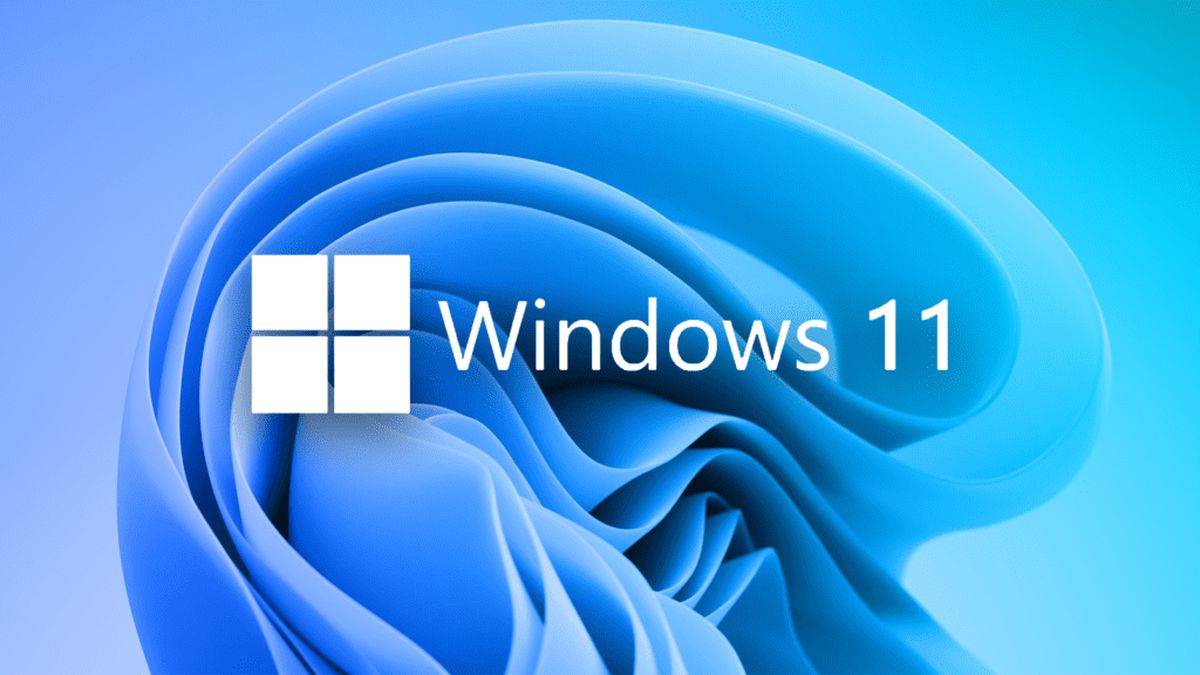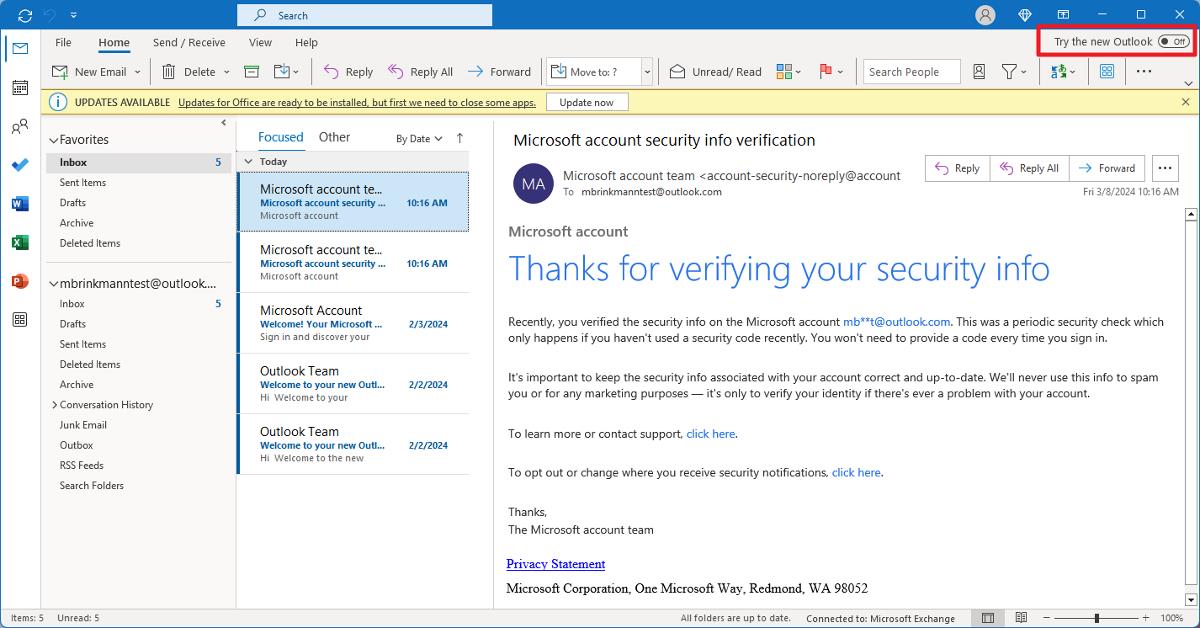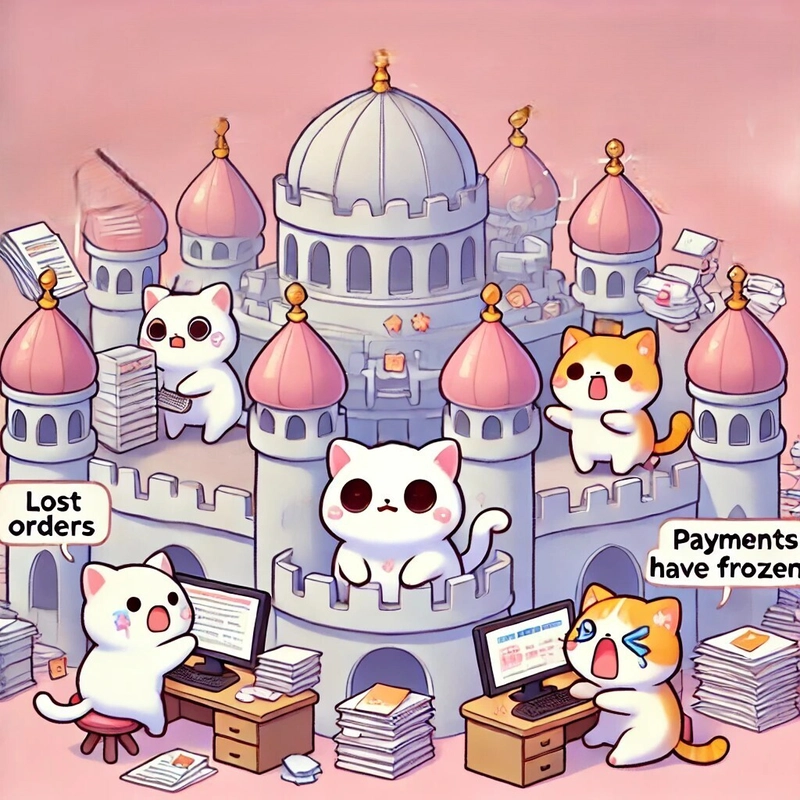C++ for Advanced Developers
C++ is a high-performance programming language known for its speed, flexibility, and depth. While beginners focus on syntax and basic constructs, advanced developers harness C++'s full potential by leveraging its powerful features like templates, memory management, and concurrency. In this post, we’ll explore the key areas that elevate your C++ skills to an expert level. 1. Mastering Templates and Meta-Programming Templates are one of the most powerful features in C++. They allow you to write generic and reusable code. Advanced template usage includes: Template Specialization Variadic Templates (C++11 and beyond) Template Metaprogramming using constexpr and if constexpr template void print(T value) { std::cout

C++ is a high-performance programming language known for its speed, flexibility, and depth. While beginners focus on syntax and basic constructs, advanced developers harness C++'s full potential by leveraging its powerful features like templates, memory management, and concurrency. In this post, we’ll explore the key areas that elevate your C++ skills to an expert level.
1. Mastering Templates and Meta-Programming
Templates are one of the most powerful features in C++. They allow you to write generic and reusable code. Advanced template usage includes:
- Template Specialization
- Variadic Templates (C++11 and beyond)
-
Template Metaprogramming using
constexprandif constexpr
template
void print(T value) {
std::cout << value << std::endl;
}
// Variadic template example
template
void printAll(T first, Args... args) {
std::cout << first << " ";
printAll(args...);
}
2. Smart Pointers and RAII
Manual memory management is error-prone. Modern C++ introduces smart pointers such as:
-
std::unique_ptr: Exclusive ownership -
std::shared_ptr: Shared ownership -
std::weak_ptr: Non-owning references
RAII (Resource Acquisition Is Initialization) ensures that resources are released when objects go out of scope.
#include
void example() {
std::unique_ptr ptr = std::make_unique(10);
std::cout << *ptr << std::endl;
}
3. Move Semantics and Rvalue References
To avoid unnecessary copying, modern C++ allows you to move resources using move semantics and rvalue references.
- Use
T&&to denote rvalue references - Implement move constructors and move assignment operators
class MyClass {
std::vector data;
public:
MyClass(std::vector&& d) : data(std::move(d)) {}
}; 4. Concurrency and Multithreading
Modern C++ supports multithreading with the
-
std::threadfor spawning threads -
std::mutexandstd::lock_guardfor synchronization -
std::asyncandstd::futurefor asynchronous tasks
#include
void task() {
std::cout << "Running in a thread" << std::endl;
}
int main() {
std::thread t(task);
t.join();
}
5. Lambda Expressions and Functional Programming
Lambdas make your code more concise and functional. You can capture variables by value or reference, and pass lambdas to algorithms.
std::vector nums = {1, 2, 3, 4};
std::for_each(nums.begin(), nums.end(), {
std::cout << x * x << " ";
});
6. STL Mastery
The Standard Template Library (STL) provides containers and algorithms. Advanced usage includes:
- Custom comparators with
std::setorstd::priority_queue - Using
std::map,std::unordered_map,std::deque, etc. - Range-based algorithms (C++20:
ranges::)
7. Best Practices for Large Codebases
- Use header files responsibly to avoid multiple inclusions.
- Follow the Rule of Five (or Zero) when implementing constructors and destructors.
- Enable warnings and use static analysis tools.
- Write unit tests and benchmarks to maintain code quality and performance.
Conclusion
Advanced C++ programming unlocks powerful capabilities for performance-critical applications. By mastering templates, smart pointers, multithreading, move semantics, and STL, you can write cleaner, faster, and more maintainable code. Keep experimenting with modern features from C++11 to C++20 and beyond — and never stop exploring!


























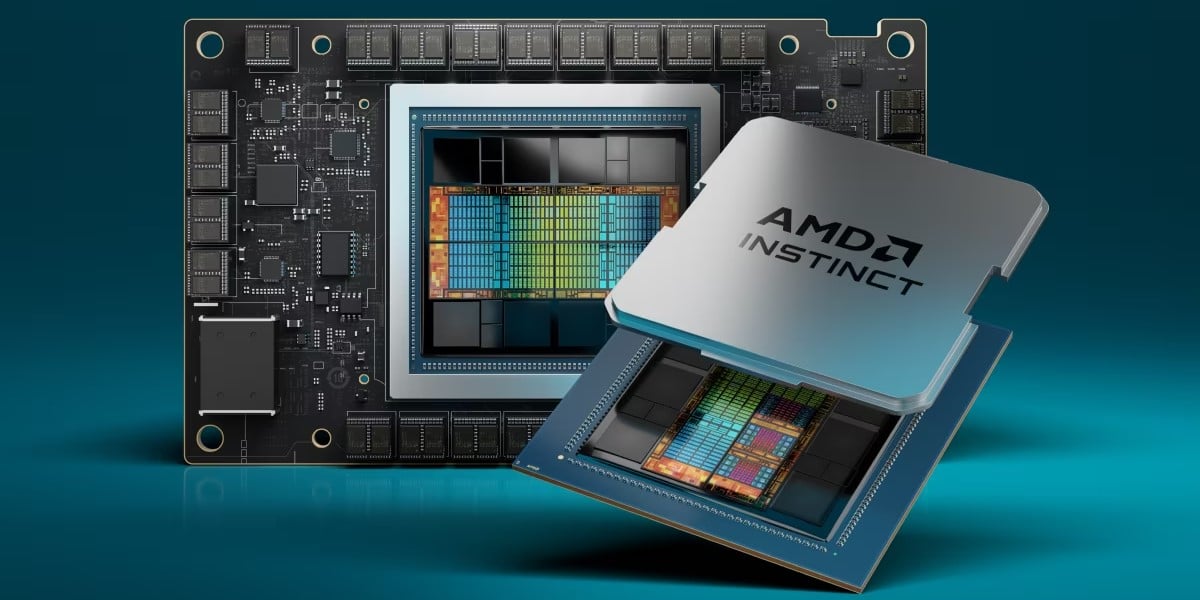
















































































































































![[The AI Show Episode 144]: ChatGPT’s New Memory, Shopify CEO’s Leaked “AI First” Memo, Google Cloud Next Releases, o3 and o4-mini Coming Soon & Llama 4’s Rocky Launch](https://www.marketingaiinstitute.com/hubfs/ep%20144%20cover.png)


















































































































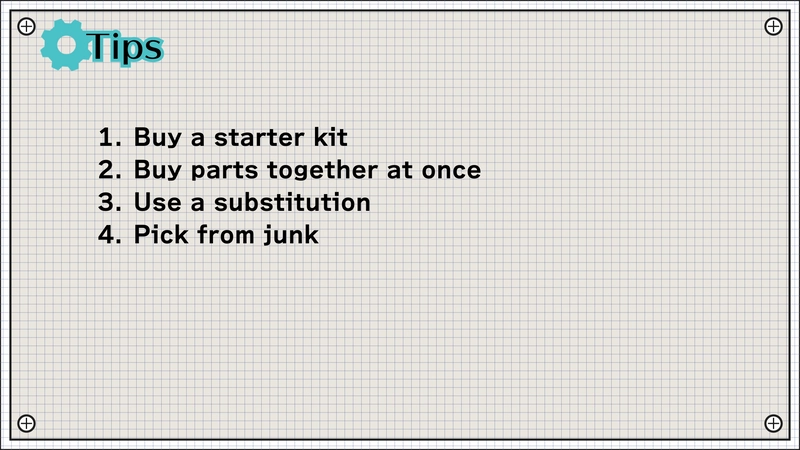























































































![GrandChase tier list of the best characters available [April 2025]](https://media.pocketgamer.com/artwork/na-33057-1637756796/grandchase-ios-android-3rd-anniversary.jpg?#)









































.png?width=1920&height=1920&fit=bounds&quality=70&format=jpg&auto=webp#)


























.webp?#)




















































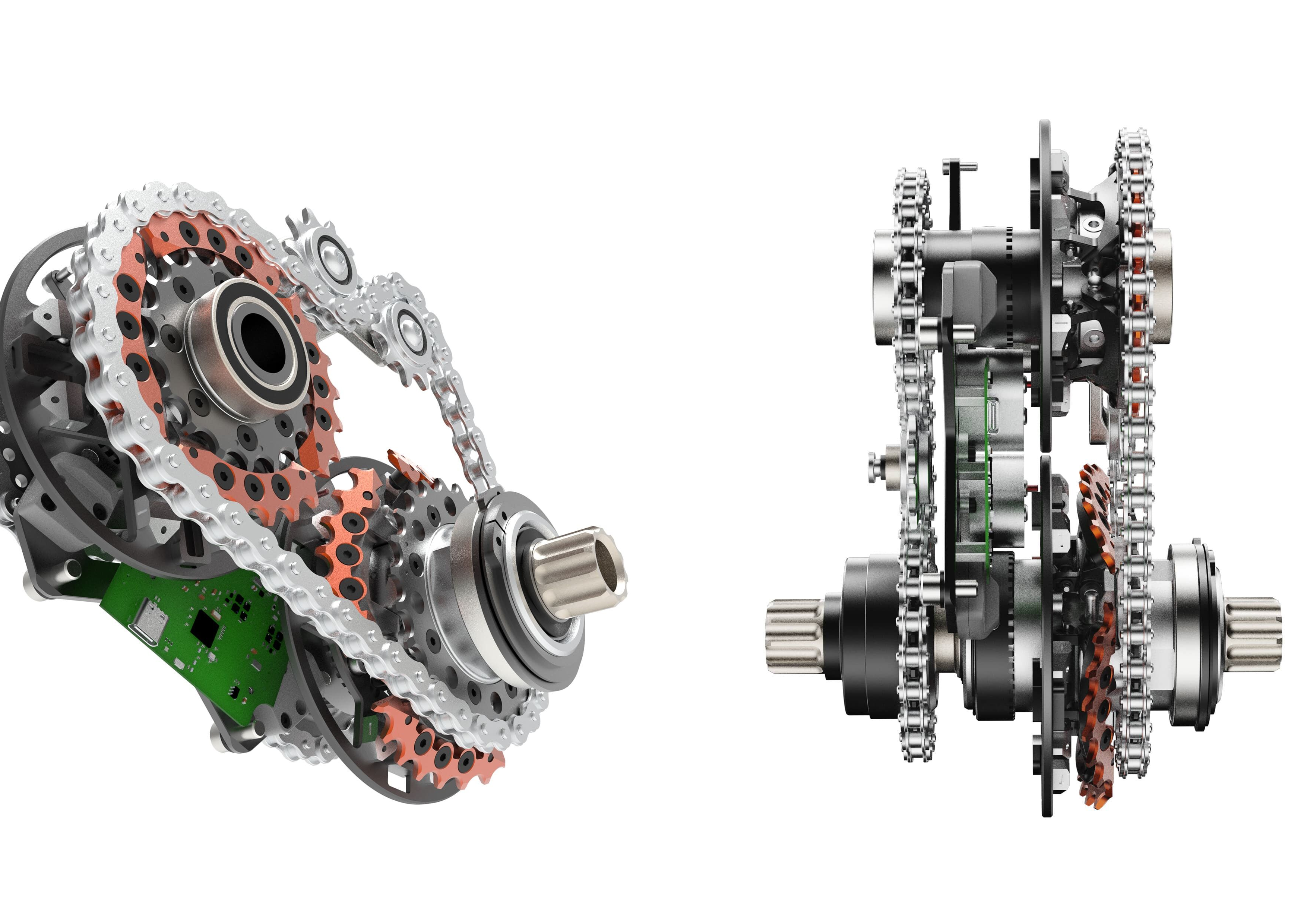












































![Quick Share redesign looks more like a normal app with prep for ‘Receive’ and ‘Send’ tabs [Gallery]](https://i0.wp.com/9to5google.com/wp-content/uploads/sites/4/2024/12/quick-share-1.jpg?resize=1200%2C628&quality=82&strip=all&ssl=1)








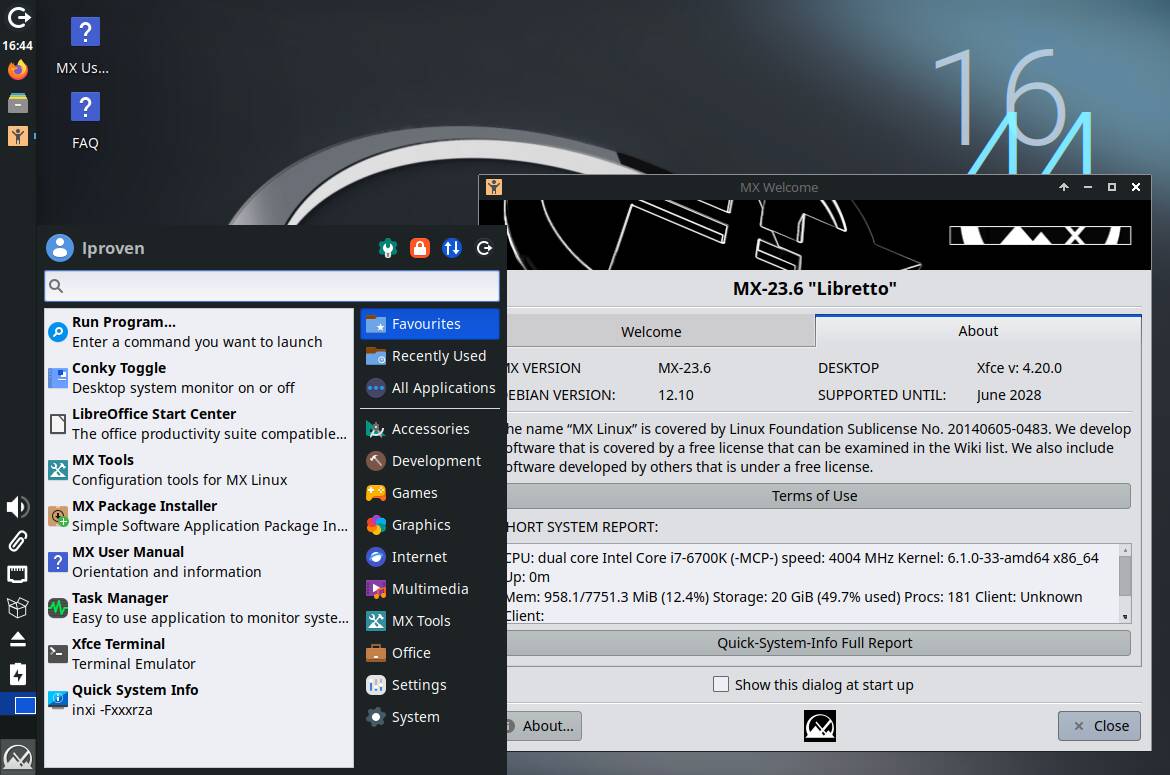



![New Beats USB-C Charging Cables Now Available on Amazon [Video]](https://www.iclarified.com/images/news/97060/97060/97060-640.jpg)

![Apple M4 13-inch iPad Pro On Sale for $200 Off [Deal]](https://www.iclarified.com/images/news/97056/97056/97056-640.jpg)
![Apple Shares New 'Mac Does That' Ads for MacBook Pro [Video]](https://www.iclarified.com/images/news/97055/97055/97055-640.jpg)




















